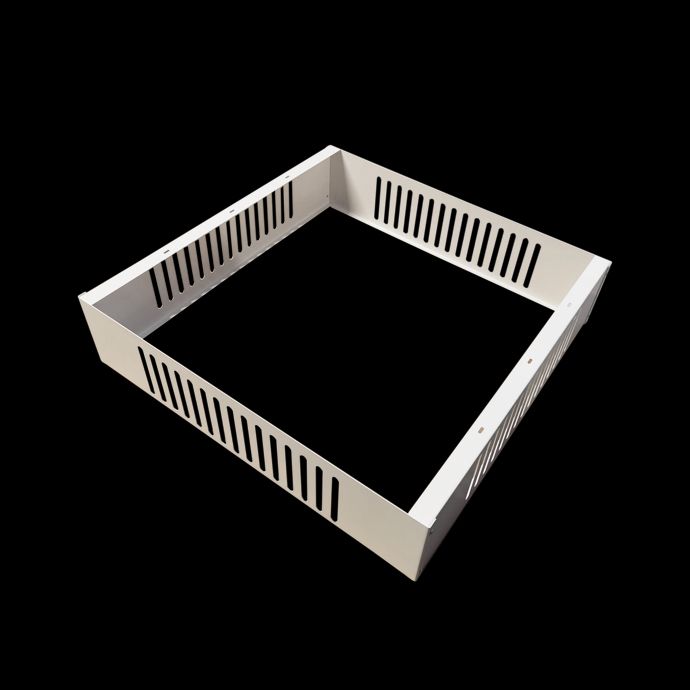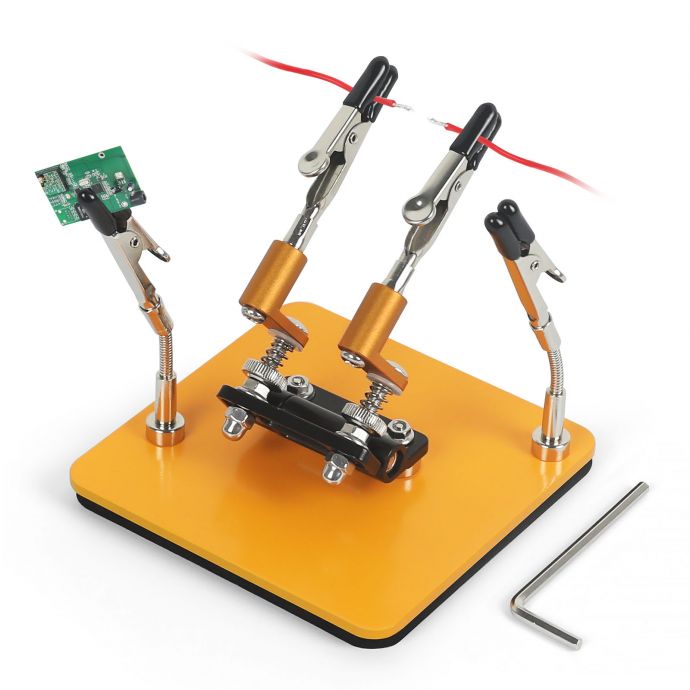In today’s rapidly evolving technological landscape, precision is more significant than ever. Whether in manufacturing, data analysis, or personal productivity, maximizing precision means achieving optimal efficiency, reducing errors, and ensuring high-quality outcomes. This article explores the multifaceted strategies and technologies that can be employed across different fields to enhance precision.
First, let's delve into the manufacturing industry, where precision plays a critical role in product quality and operational efficiency. The introduction of advanced manufacturing technologies, such as Computer Numerical Control (CNC) machines and 3D printing, has revolutionized how companies approach precision. These technologies allow for minute adjustments at every stage of the production process, ensuring components meet exact specifications, reducing material waste, and cutting costs. The implementation of real-time monitoring systems and feedback loops further enhances precision by allowing manufacturers to detect and correct deviations instantly.

In the realm of data science, precision is crucial for generating accurate and actionable insights. Techniques like data cleansing and normalization are foundational for ensuring the datasets analyzed are precise and reliable. Data scientists employ sophisticated algorithms that enhance precision by identifying and correcting outliers, filling in missing data points, and ensuring uniformity across datasets. Furthermore, the integration of artificial intelligence and machine learning algorithms allows for continuous learning and improvement, increasing the accuracy of predictions and minimizing errors in data interpretation. These advanced analytical tools not only maximize precision but also boost overall efficiency in decision-making processes.
Precision is also a fundamental aspect of healthcare. Modern medical diagnostics and treatments are becoming increasingly precise, personalized, and effective. Technologies such as genomic sequencing provide insights at a molecular level, allowing physicians to tailor treatments to the individual characteristics of a patient’s genetic makeup. Precision medicine is set to revolutionize healthcare by offering customized treatment plans that significantly enhance patient outcomes. Additionally, robotic-assisted surgeries offer unparalleled precision, reducing recovery times and improving surgical outcomes by enabling surgeons to perform minimally invasive procedures with exceptional accuracy.
When considering precision in the context of business operations and productivity, the focus shifts to optimizing workflows and minimizing errors. Companies are increasingly adopting performance management software that offers real-time analytics and insights into employee performance and process efficiencies. These tools allow managers to identify bottlenecks, track progress against goals, and implement corrective actions swiftly. Continuous improvement methodologies, such as Six Sigma, provide structured approaches to optimize processes and enhance precision in day-to-day operations through rigorous data analysis and process mapping.

In the context of design and engineering, precision is fundamental to ensuring that complex systems function correctly and efficiently. Advanced simulation software allows engineers to model and test designs in a virtual environment, identifying potential issues before they manifest in physical prototypes. This not only speeds up the development process but also significantly increases the precision with which final products are manufactured. In the field of electronics, circuit design and testing require precision to ensure the proper functioning of devices, minimizing the risk of defects and failures.
Precision also plays a vital role in scientific research, where accurate measurements and replicable results are the cornerstone of credible studies. To maximize precision in experiments, researchers must employ meticulous experimental design, use calibrated instruments, and apply rigorous statistical analyses to their data. Open science practices, such as data sharing and collaborative research, foster an environment where precision is prioritized, enabling researchers to validate and replicate findings across different contexts and conditions.
In education, the concept of precision is gaining traction through personalized learning. Sophisticated learning management systems and adaptive educational software analyze student data to customize learning experiences tailored to individual needs and learning styles. This precise approach to education enhances student engagement and learning outcomes by focusing on specific areas that require improvement and pacing lessons according to each student’s capabilities.

Emerging technologies also have a profound impact on precision in various fields. Technologies such as blockchain are providing unparalleled accuracy and security in transactions through decentralized ledgers that are immutable and transparent. This precision in financial transactions increases trust and reduces the risk of fraud.
Maximizing precision is an intricate ballet of technology, strategy, and human ingenuity. By leveraging the right tools and adopting a culture that values accuracy and efficiency, organizations and individuals alike can achieve remarkable improvements in quality, productivity, and outcomes. As technology continues to advance, the potential for even greater precision becomes attainable, paving the way for innovations that were once considered impossible. The journey towards maximizing precision is not only a technological challenge but also an opportunity for continuous learning and improvement across all aspects of life and business.





